guida alla cura dei materiali
Per far sì che i tuoi mobili progettati su misura rimangano belli e funzionali come il giorno in cui li hai ricevuti, è essenziale prendersene cura in modo appropriato. Di seguito, troverai una guida dettagliata su come prenderti cura dei vari materiali utilizzati nei nostri mobili:
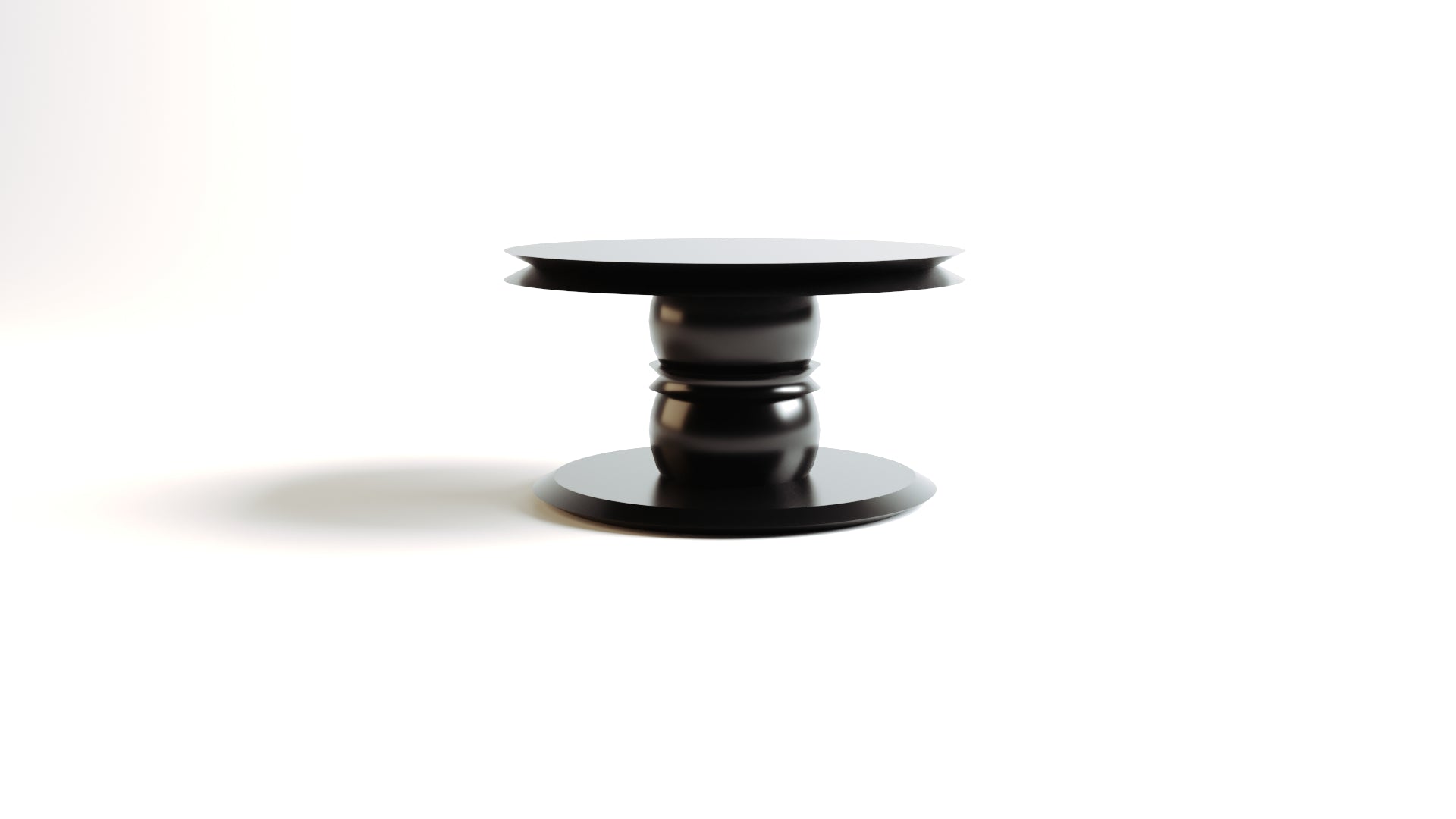
Wood Care Tips
-
Dust Regularly
Use a soft, lint-free cloth to dust wooden surfaces weekly, removing dust and preventing buildup.
-
Clean Spills Immediately:
Wipe spills promptly with a damp cloth to avoid staining or water damage.
-
Avoid Direct Sunlight:
Place wood furniture away from direct sunlight to prevent fading and drying of the finish.
-
Use Wood Polish:
Apply a quality wood polish every few months to enhance the wood's shine and protect the surface.
-
Maintain Humidity Levels:
Keep indoor humidity levels consistent to prevent warping or cracking of the wood.
-
Avoid Harsh Chemicals:
Clean with a solution of mild soap and water, avoiding abrasive cleaners to maintain the wood’s finish.
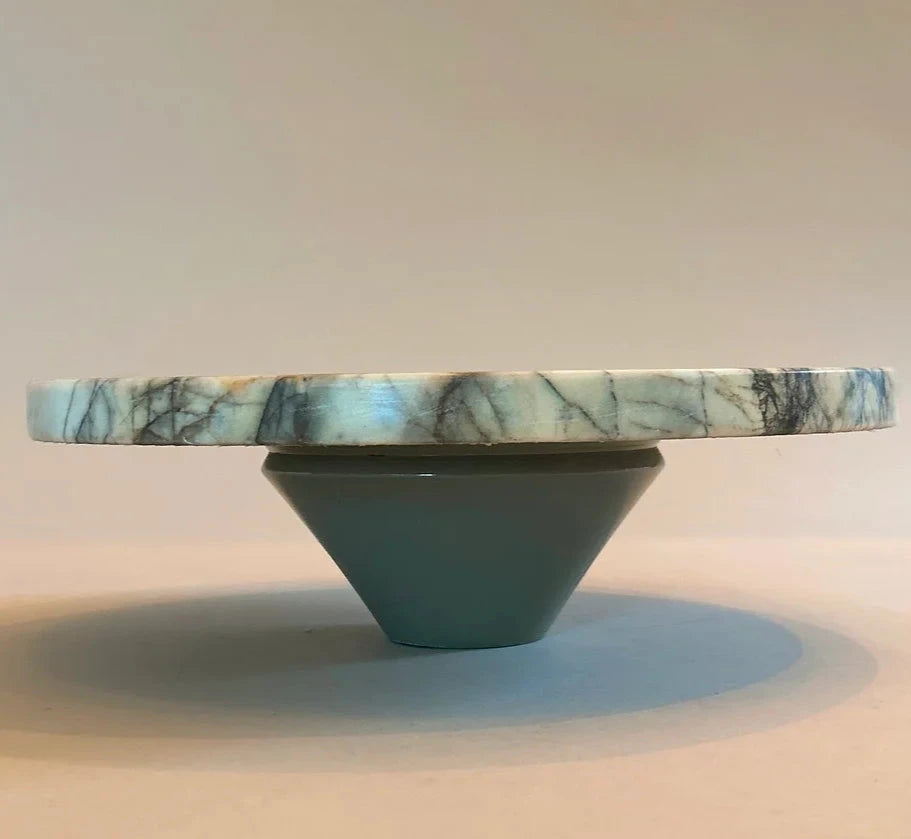
Marble Care Tips
-
Dust Regularly:
Use a soft, lint-free cloth to dust marble surfaces weekly, removing dust and preventing buildup.
-
Clean Spills Immediately:
Wipe spills promptly with a damp cloth to avoid staining or etching of the marble.
-
Avoid Direct Sunlight:
Place marble furniture away from direct sunlight to prevent fading and discoloration.
-
Use Marble Sealant:
Apply a quality marble sealant every few months to protect the surface and enhance its shine.
-
Maintain Humidity Levels:
Keep indoor humidity levels consistent to prevent potential damage to the marble.
-
Avoid Harsh Chemicals:
Clean with a solution of mild soap and water, avoiding acidic or abrasive cleaners to maintain the marble’s finish.

Leather Care Tips
-
Dust Weekly:
Dust leather surfaces weekly with a soft, dry cloth to keep them clean and free of debris.
-
Clean with Leather Cleaner:
Use a leather cleaner and conditioner every 3-6 months to keep the leather supple and prevent cracking.
-
Avoid Excess Moisture:
Prevent leather from exposure to excessive moisture and heat, which can cause warping or damage.
-
Remove Stains Promptly:
Blot stains immediately with a clean cloth and use a leather cleaner if necessary to avoid permanent marks.
-
Condition Regularly:
Apply a leather conditioner periodically to maintain softness and prevent the leather from drying out.
-
Use a Leather Protector:
Consider using a leather protector to safeguard against spills and stains for added durability.
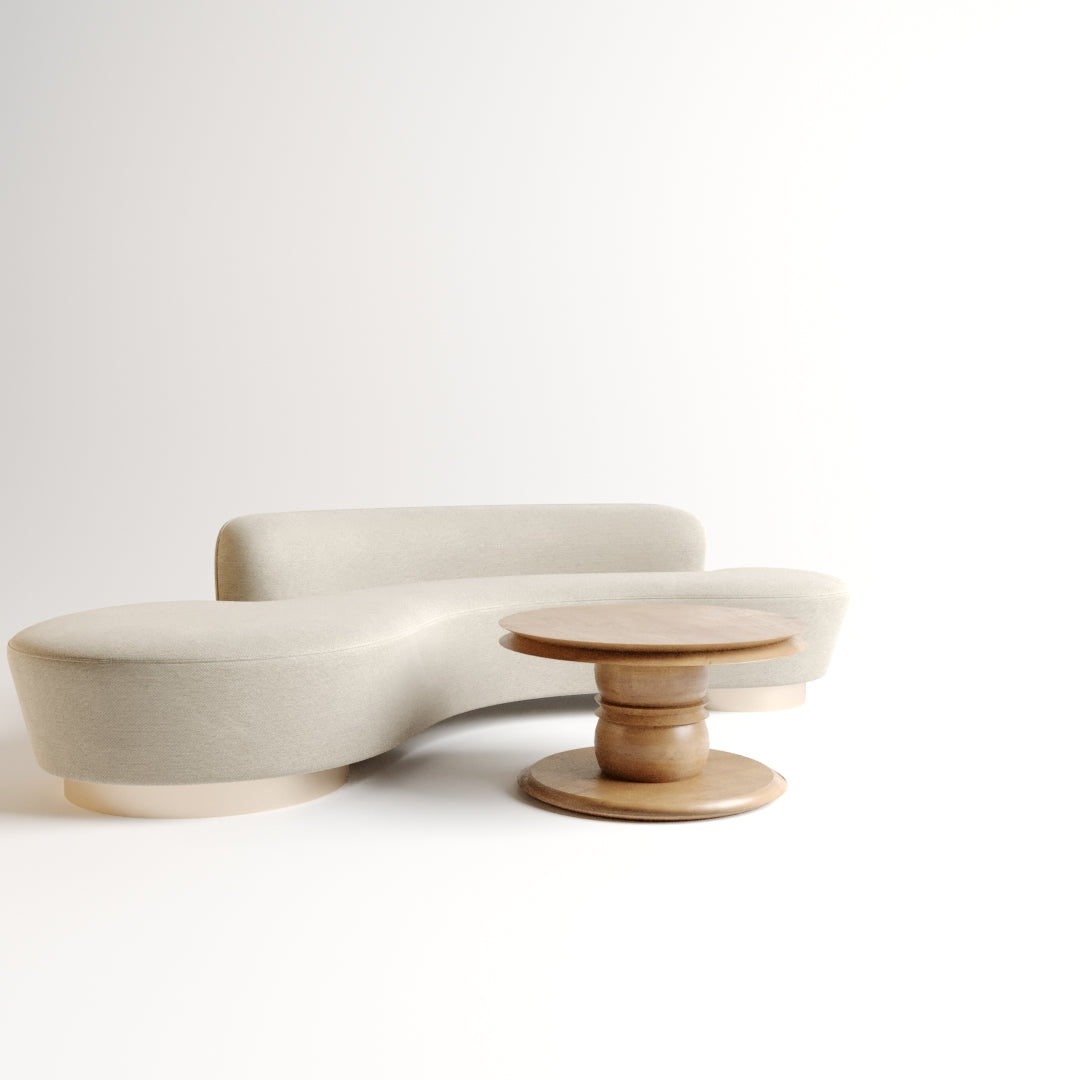
Fabric Upholstery
-
Vacuum Regularly:
Vacuum fabric upholstery weekly to remove dust and dirt, helping to maintain its appearance.
-
Spot Clean Spills:
Blot spills quickly with a clean cloth and use a fabric cleaner according to the manufacturer’s instructions to treat stains.
-
Rotate Cushions:
Rotate and flip cushions regularly to ensure even wear and prolong the life of the upholstery.
-
Avoid Direct Sunlight:
Keep fabric upholstery out of direct sunlight to prevent fading and discoloration over time.
-
Use Fabric Freshener:
Apply fabric freshener periodically to keep the upholstery smelling clean and fresh.
-
Check for Loose Threads:
Regularly check for and trim any loose threads to prevent them from catching and causing damage.
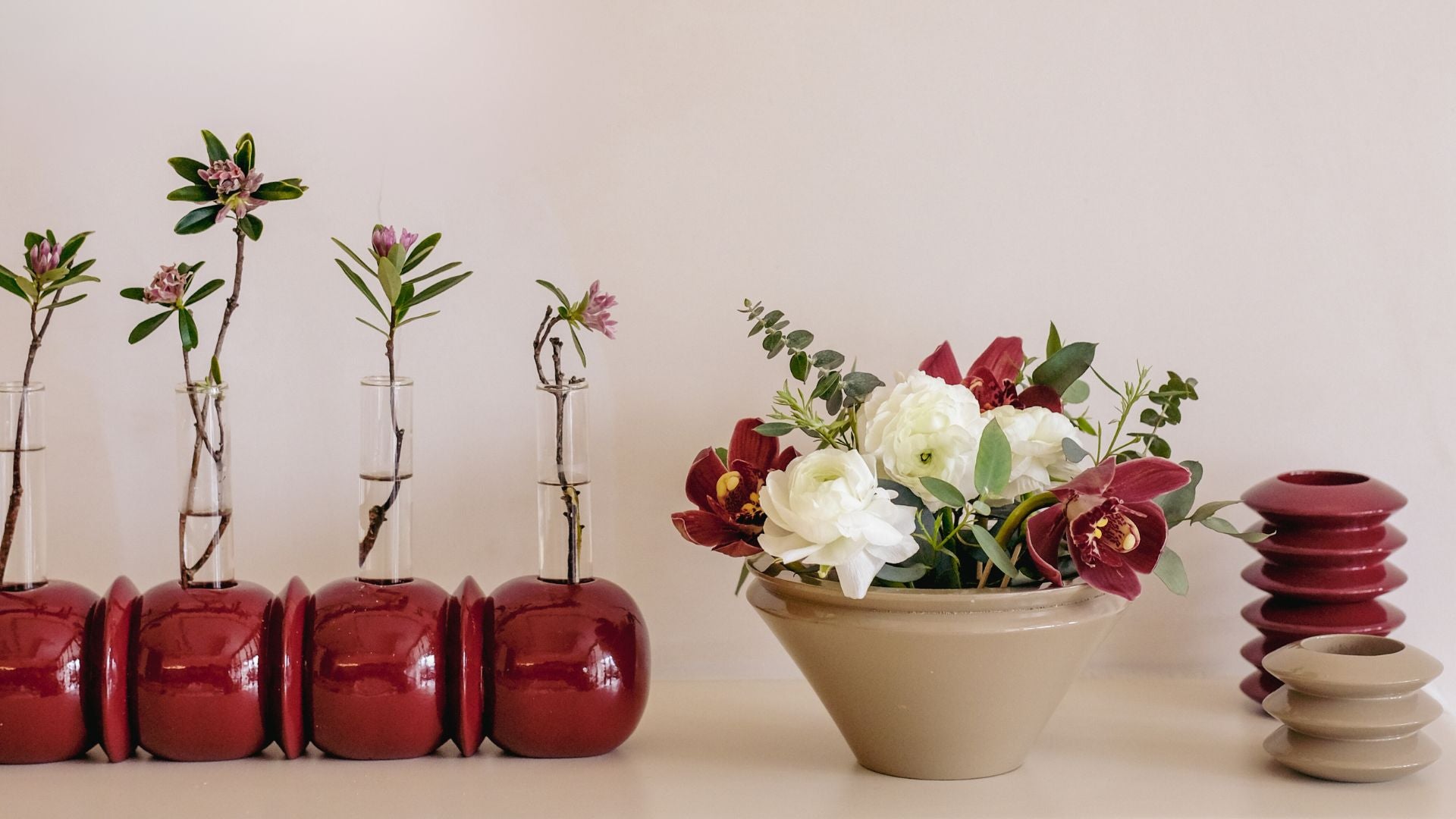
Glass Care Tips
-
Clean with Glass Cleaner:
Use a glass cleaner and a lint-free cloth to clean glass surfaces. Avoid using abrasive materials.
-
Wipe Spills Quickly:
Clean spills and stains promptly to prevent residue buildup.
-
Avoid Harsh Chemicals:
Use mild cleaning solutions to prevent damage to glass surfaces.
-
Use Glass Coasters:
Protect glass surfaces from rings and stains by using coasters under drinks and other items.
-
Handle with Care:
Avoid placing heavy or sharp objects on glass surfaces to prevent cracking or chipping.
-
Inspect Regularly:
Check for cracks or damage and address any issues promptly to prevent further damage.
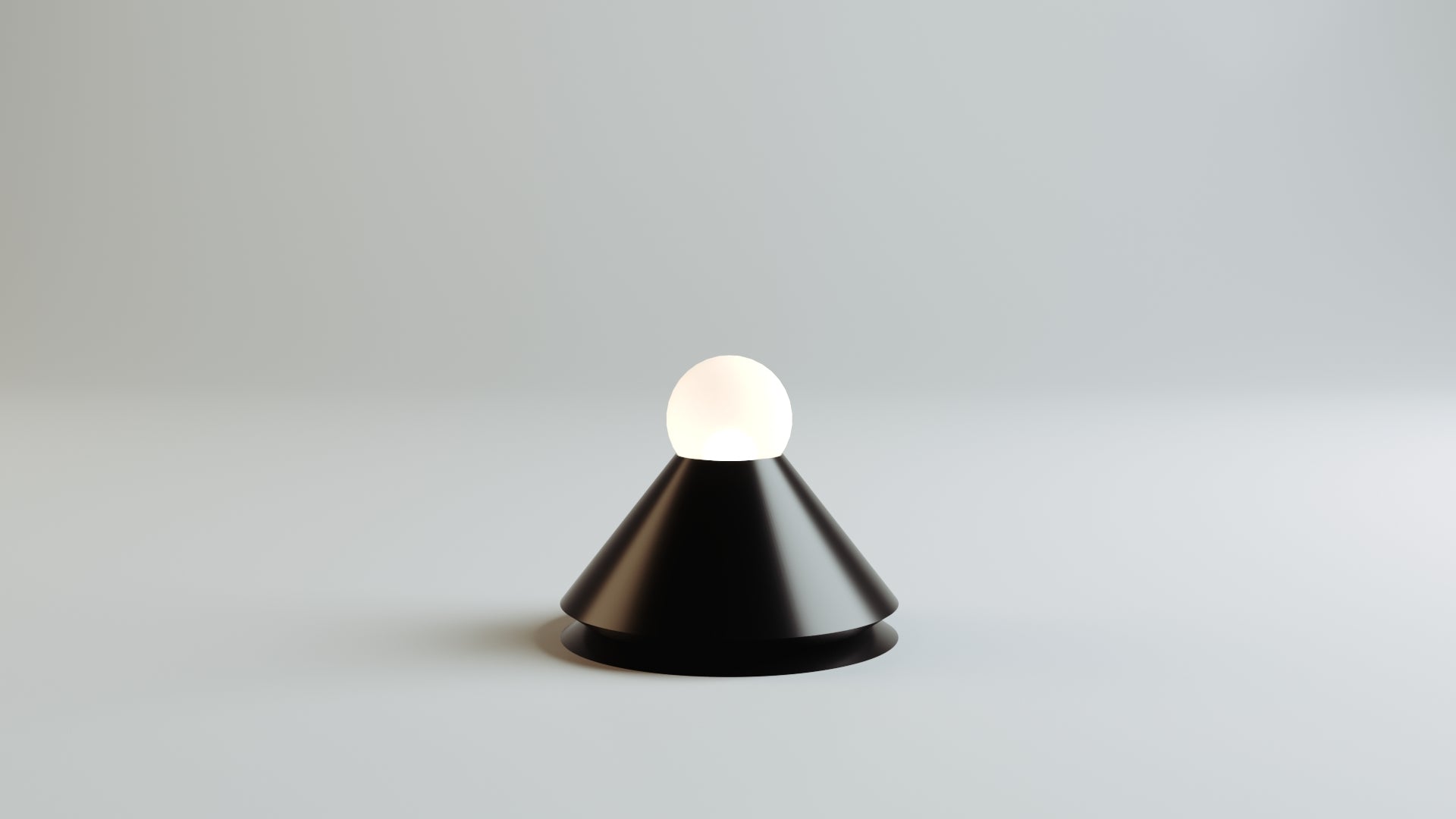
Synthetic Materials Care Tips
-
Dust Regularly:
Dust synthetic surfaces weekly with a soft cloth to keep them clean and free of debris.
-
Clean with Mild Soap:
Use a mixture of mild soap and water to clean synthetic materials, ensuring they remain in good condition.
-
Avoid Excessive Heat:
Keep synthetic materials away from direct heat sources to prevent warping or melting.
-
Use a Soft Brush:
For textured surfaces, gently brush off dust and dirt to maintain their appearance.
-
Spot Clean Stains:
Blot stains with a clean cloth and mild detergent to prevent permanent marks and keep the material looking fresh.
-
Check for Fading:
Regularly inspect for color fading and treat with appropriate fabric care products if needed
